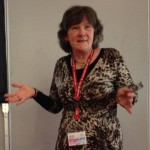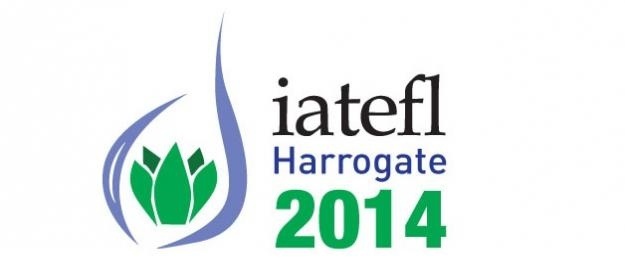 Paper or no paper? Photocopier, duplicator or one dog eared text book? Blackboard or interactive whiteboard? Having worked in developed and developing countries, I have looked into methodologies and materials that reduce our carbon footprint. ‘Small is beautiful’
Paper or no paper? Photocopier, duplicator or one dog eared text book? Blackboard or interactive whiteboard? Having worked in developed and developing countries, I have looked into methodologies and materials that reduce our carbon footprint. ‘Small is beautiful’
Environmental consciousness is not a new issue. It has been a part of teacher staffroom discussion for at least 40 years. But rarely has it been effectively put into practice as an overall policy. In my career, I have seen infinite waste, often due to mistaken planning, lack of time, increased numbers or even misunderstanding of use of a photocopier. Teachers have never been given the tools to become more eco-conscious when they plan and deliver their lessons. In addition, teachers don’t often have time to think about it!
This session demonstrated a medley of methodologies and materials, some tried and tested, some that require bravery, and some that are newly introduced by the speaker. From cuisenaire rods and post-its, to yin and yang and wall science, my presentation aims to nudge the conscience and memory of its audience into a wide range of what might be called ‘alternative methodologies’ and have us all delivering more eco-friendly lessons, whether we work in a developed or developing environment. This is one step on from the paperless lesson models. The ideas are not all new. The concept is. And the way forward is to integrate it into our teacher training and development programmes.


No comments yet.